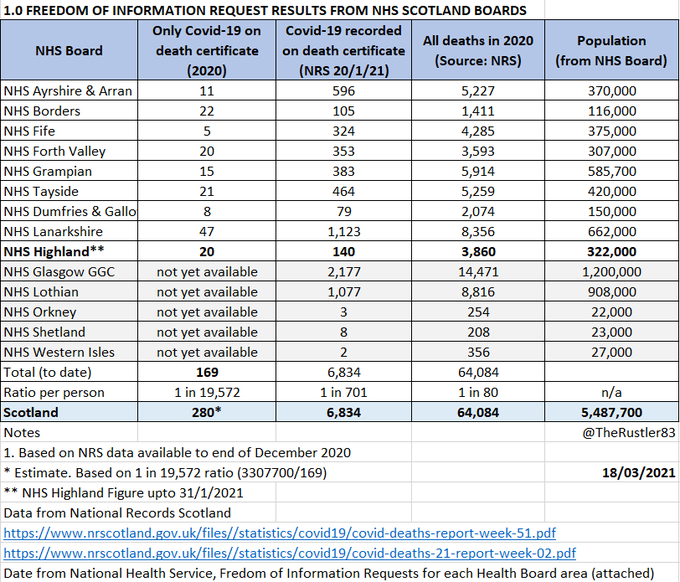A year of COVID lockdowns has revived Israel’s kibbutz movement.
https://www.jpost.com/israel-news/a-...ovement-662522
In the fall, after months of being restricted to their 540-square-foot apartment, the couple decided that they were done with city life. They applied to become members of Kibbutz Mevo Hama, a small communal farm two hours to the north, far from any city, with about 500 residents. Now, even as Israel reopens, having vaccinated most of its population, E and R are still making the move. And they’re planning to buy a house that’s nearly three times the size of their apartment.
“I think this coronavirus time really challenged us regarding the type of life we want to have,” Eshkol, 33, said. “It showed us that you never know what’s going to happen. The whole world changed, and we decided to use this to create a positive change in our lives.”
COVID, and the societal upheaval it sparked, has prompted a wave of Israelis to look again at living on a kibbutz, a rural way of life that was once seen as a relic of Israel’s socialist past. Tens of thousands of Israelis have applied for membership in kibbutzim over the past year, according to Nir Meir, secretary general of the Kibbutz Movement, the umbrella group that includes most of Israel’s 279 kibbutzim.
“During the pandemic, our kids were always in the apartment and they were looking for things to do,” said Aviv S, a software engineer whose family is in the process of moving from Yavne, a central Israeli city, to a kibbutz. “We were thinking about finding a place to raise our kids close to nature where they can be more independent, and this made our decision.”
Kibbutz members also committed to a strict socialist ideology, eating meals in mass dining halls and raising children in collective homes where they lived apart from their parents. But by the 1980s, many kibbutzim had accumulated substantial debt, and young people wanted to make their own way in a country that was departing from its socialist roots and privatizing its economy. “My dad was excited about kibbutz values and community,” she said, “while my mom said it was too much of everyone being in everyone else’s business.”
Facing a declining population and poor economic prospects, many kibbutzim privatized their factories and farms. They also built new housing developments on their grounds that were rented out to yuppie families who at times did not become members, allowing them to enjoy the kibbutz lifestyle with none of the perceived drawbacks of socialism.
In 2000, some 117,000 people lived on kibbutzim, according to Israeli government figures. This year, Meir said, they have a total population of 182,000 — larger than ever. He calls it “a huge renewal of the kibbutzim.” Obtaining kibbutz membership, according to Meir, generally includes an interview process along with a year living as a candidate on the kibbutz before a vote is taken for membership. Kibbutzim can also review financial records. At Ein Hashlosha, for example, candidates must receive positive votes from two-thirds of the members to gain acceptance.
Two of the newer members are Dor and Liora Ben Tzur, who moved to Ein Hashlosha in 2019 after graduating from college and live there with their 19-month-old toddler, Avishai. They are enthusiastic about the kibbutz despite occasional rocket attacks from Gaza that send them running into a bomb shelter in their house. From the time an outdoor siren sounds, they have just 15 seconds to get to the shelter. D and L, lived in a building, and they don’t have anywhere to go with the children. All the parks are closed, you can’t go outside, and here on the kibbutz the children are running around, playing in the mud with the cows. It’s just lovely.”

|
| + Visit Burnley FC Mad for Latest News, Transfer Gossip, Fixtures and Match Results |



 Reply With Quote
Reply With Quote









